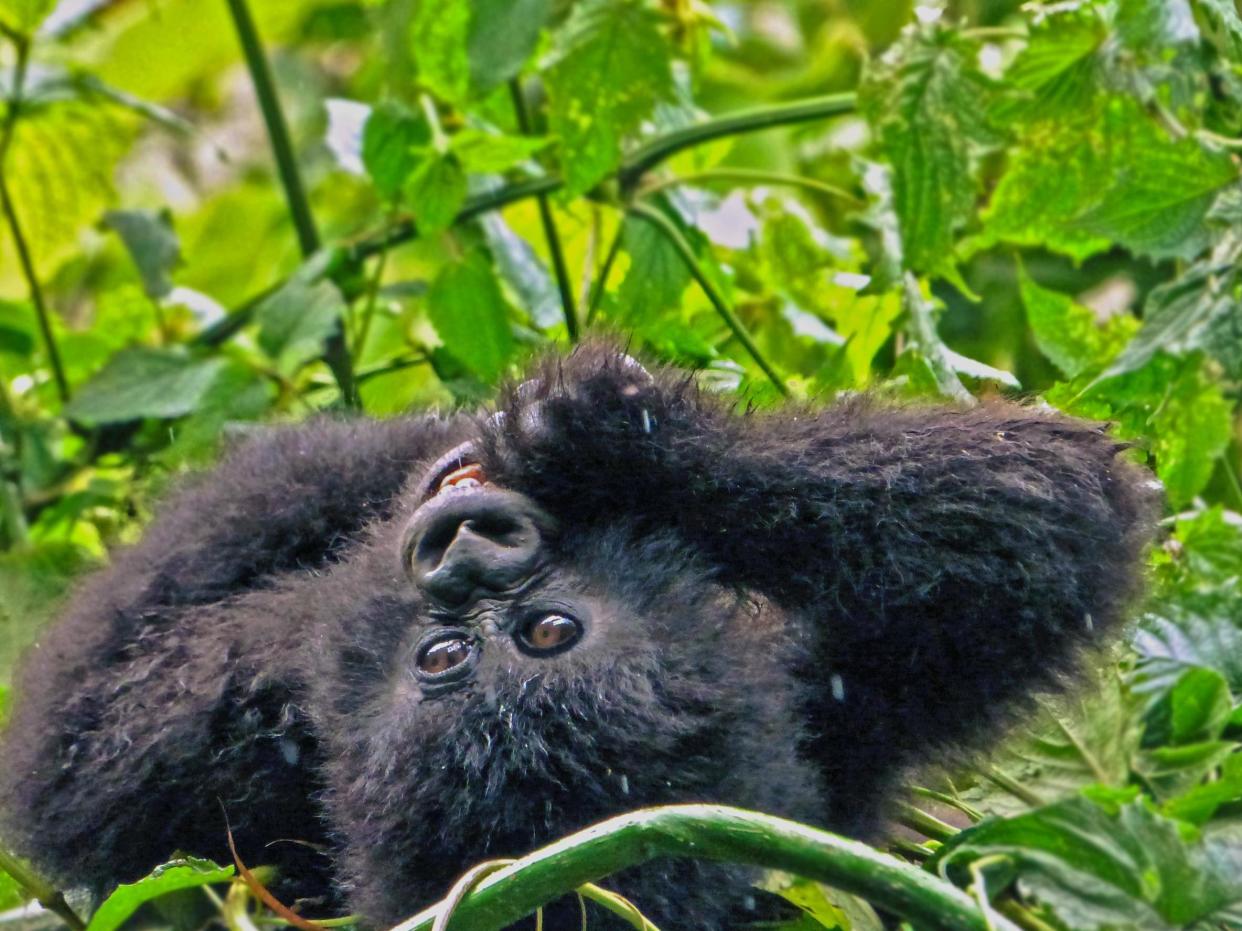COVID vaccines in Africa: essential for the continent and the planet

On Wednesday, Africa took another important step on the road to vaccine self-sufficiency. A £2.7 million agreement between the Rwandan Development Board and the European Union opened the door to a vital boost in investment towards Rwanda’s vaccine production capabilities. This is not only good news for Rwanda, but a positive development for Africa and the world as a whole.
The agreement, which in particular focuses on strengthening the Rwanda Food and Drug Authority, was hailed as “an important step in supporting local manufacturing of health products in Africa” by Jutta Urpilainen, European Commissioner for International Partnerships.
While the democratisation of vaccine production capabilities has fallen down the global agenda, it is vital for the rebuilding of global pandemic resilience. At present, countries in Africa are trapped in a vicious cycle: an endless loop of lockdowns and re-openings, consistently forced to choose between protecting the lives of citizens and safeguarding our economies. The current circumstances have made us unable to rebuild our economies and healthcare systems for future pandemics. At present, this can only change if more powerful countries decide to relinquish their abundant stocks of vaccines.
This charity-based model cannot build a sustainable future. Responsibility, not reliance, is the only way the developing world can emerge from the pandemic stronger. In Rwanda, we are ready to assume this responsibility. Indeed, responsibility and self-reliance are at the heart of our national development philosophy, "agaciro" - “dignity” in Kinyarwanda – is the key to our vision for the future.
While this pandemic has proved an unprecedented challenge, we have shown that our innovation, efficiency and ingenuity can thrive in spite of limited resources. Rwanda’s government and healthcare system has responded to the COVID-19 pandemic with several innovative interventions which have helped to prevent health systems to be overwhelmed.
As soon as the pandemic began, the Ministry of Health implemented a series of measures based on our rigorous pandemic planning model. In March 2020, Rwanda was the first country in sub-Saharan Africa to order a country-wide shut down because of the coronavirus. The government also took steps to ensure that those infected with COVID-19 were tested, quarantined, and treated free of charge.
Other notable strategies have included the “pooled testing” scheme to maximise the potential of our limited testing resources, the dissemination of public information through drones, the use of robots for screening and in-patient care, and the promotion of official communications through social media platforms to combat misinformation and mobilise a cohesive response from the population. As a result, the Lowy Institute ranked Rwanda’s Covid performance as seventh best in the world – above even Australia.
Rwanda, therefore, is an ideal proof of concept for the future of African healthcare. At present, however, further progress on our resilience is contingent on international collaboration. We hope that our partnership with the EU is just the first step to increased co-operation with our partners across the continent and around the world. Through this, our continent can take significant strides towards building the sustainability and effectiveness of Africa’s national health systems.
The consequences of the alternative are clear. The third wave of infections currently surging through our continent is a chilling warning of a future where the current trends of vaccine nationalism and hoarding continue to dominate the international landscape. Just 40 million doses have been administered across the whole of Africa (population 1.3 billion people) – less than the total figure of inoculations in the United Kingdom (population 66 million). Not only are people dying unnecessarily, but at this rate, it is almost inevitable that new, more dangerous variants will emerge, with the potential to jeopardise the whole world.
There are other, less obvious impacts of the pandemic, which also have global ramifications. While the effects on tourism have been keenly felt around the world, the evaporation of foreign visitors has been particularly painful for millions in the developing world whose livelihoods are dependent on the hospitality sector.
In today’s world, tourists have become an essential feature for maintaining national parks and the unique wildlife they safeguard. In Rwanda, tourism revenue is key to our strategy for protecting endangered mountain gorillas. The revenues are used to help local communities and to invest in anti-poaching activities and other conservation programmes. Africa’s parks cannot afford these cuts.
As the Covid-19 pandemic shows some signs of abating in the developed world, developing countries in Africa and elsewhere cannot be forgotten. The impacts – both to humans and to nature – are too great. Fortunately, the solution is clear for all to see: more vaccines, more investment, and more infrastructure. With the support of the EU and other international donors, African vaccine production can thrive in African countries like Rwanda.
These investments are the only long-term solution to ensure that Africa can chart a path away from reliance and towards resilience. This shift is long overdue, and it will reinforce global health security not just for this pandemic, but for the years to come.
Dr Daniel Ngamije is the Minister of Health of the Republic of Rwanda
Read More
UK Covid-19 vaccinations: Latest figures
Gabon and Costa Rica call for a new global agreement to prevent and combat wildlife crime

